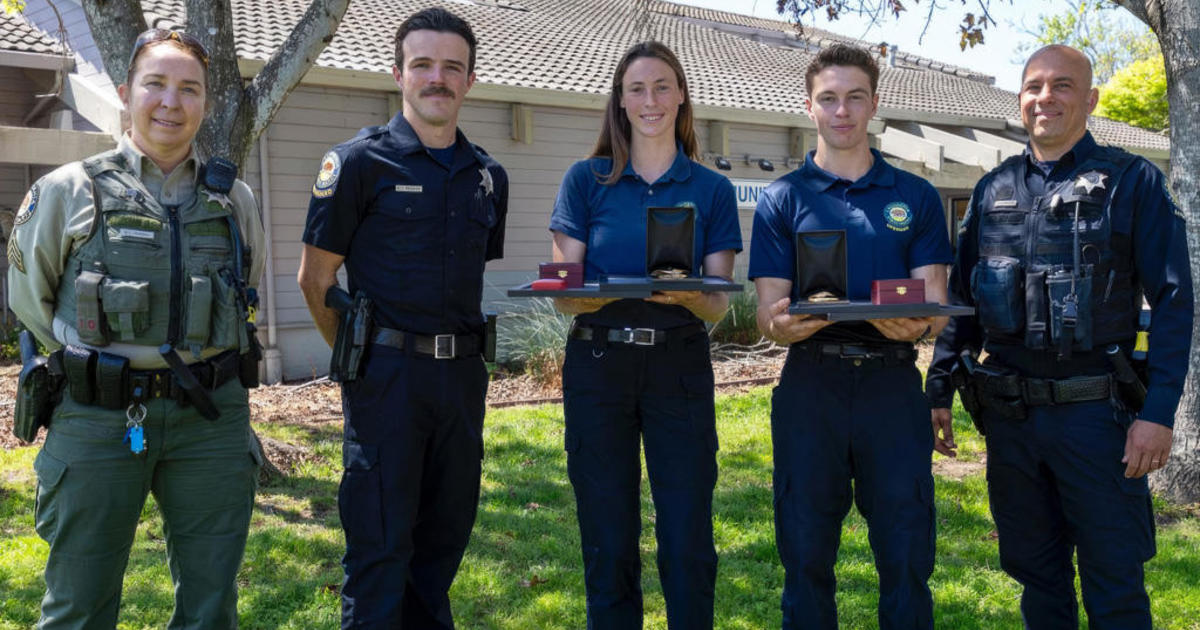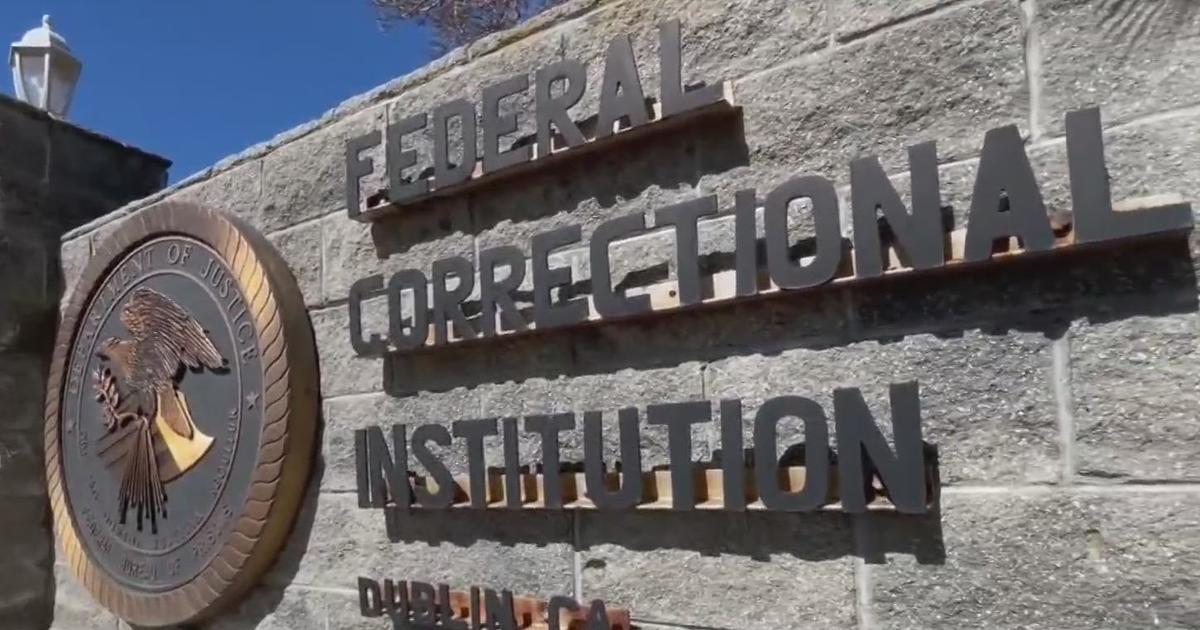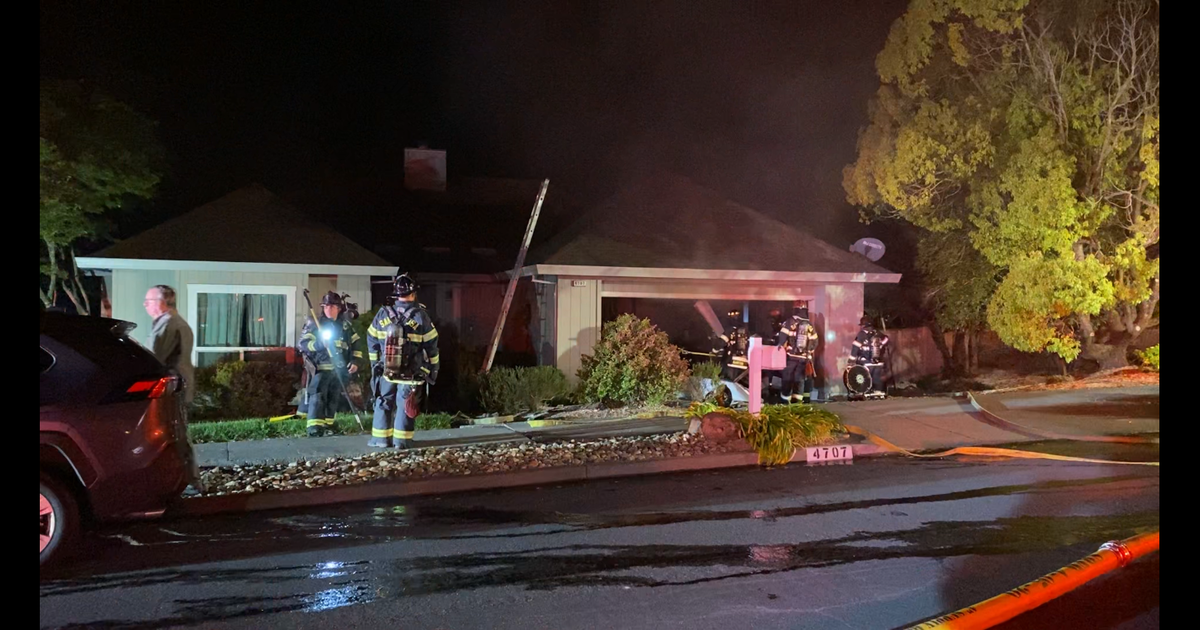Wild Turkeys Roosting At Moffett Field's Ames Research Center Getting Relocated
MOUNTAIN VIEW (KPIX 5) -- NASA is teaming up with the U.S. Department of Agriculture (USDA) and the California Department of Fish and Wildlife (CDFW) on a mission to send numerous turkeys to a new home.
Over the past several years, some one-to-two dozen wild turkeys have lived on NASA's Ames Research Center grounds in Mountain View. The turkeys were there while Dylan Spangle worked there from 2017 to 2018.
"They were very charming," Spangle said. "I hadn't heard anything about them causing any issues when I was there."
But over the past few months, the turkeys have really ruffled some feathers as scientists conduct their research. They've caused damage to cars and landscaping, created a mess, and have come close to Moffett Field - though they haven't disrupted flights on the airfield yet - according to Tanya Espinosa, a spokesperson for the USDA.
So NASA, the USDA, and CDFW are working together to relocate the turkeys.
"It's a little bit of a unique situation," said Ken Paglia, spokesperson for the CDFW. "NASA is working with the U.S. Department of Agriculture to relocate these turkeys, and fish and wildlife is providing the release site."
"I hope that if they're relocating the turkeys, they bring them to a good home," Spangle said.
The turkeys won't be going very far, according to Paglia.
"The plan is to relocate these turkeys to the San Antonio Valley Ecological Reserve, which is south of Livermore in Santa Clara County," Paglia said. "So, they'll be staying in county, and it's essentially nearby, suitable habitat."
Claire Little, who worked at the Ames Research Center from 2018 to 2019, said the turkeys were "friendly and nonchalant" at the time.
"You'd occasionally have to stop and let them cross the street," Little said. "They did not seem to mind people, and people seemed to really like them."
But that last bit seems to be a part of the problem. There is a 'no feeding the wildlife' policy on-site, but according to Espinosa, it appears people are still feeding the turkeys. Not only does that perpetuate the issue of keeping them around, it interferes with their trapping and relocation efforts, Espinosa said.
"Relocating wildlife can be a bit challenging. It's not always our go-to move. But, in certain situations like this one, it is the right call," Paglia said.
The turkeys will be coaxed into a walk-in corral trap with bait. Once they're trapped, they'll be processed (a blood draw, oral and cloacal swab, banded, have age and sex data collected), and then they'll be individually placed in boxes that are used for transporting birds safely, according to Espinosa. These measures are in place to ensure safety and reduce stress.
The USDA plans to have most of the turkeys trapped within a week or two.
A NASA spokesperson provided KPIX 5 with the following statement:
NASA, the California Department of Fish and Wildlife, and the U.S. Department of Agriculture have partnered to address the increasing population of wild turkeys at NASA's Ames Research Center in California's Silicon Valley.
While they currently pose minimal impact to the NASA community, biologists are humanely trapping and relocating them to an ecological reserve in Santa Clara to roam freely. This measure protects the safety and well-being of the turkeys, as well as the Ames community and workforce.



